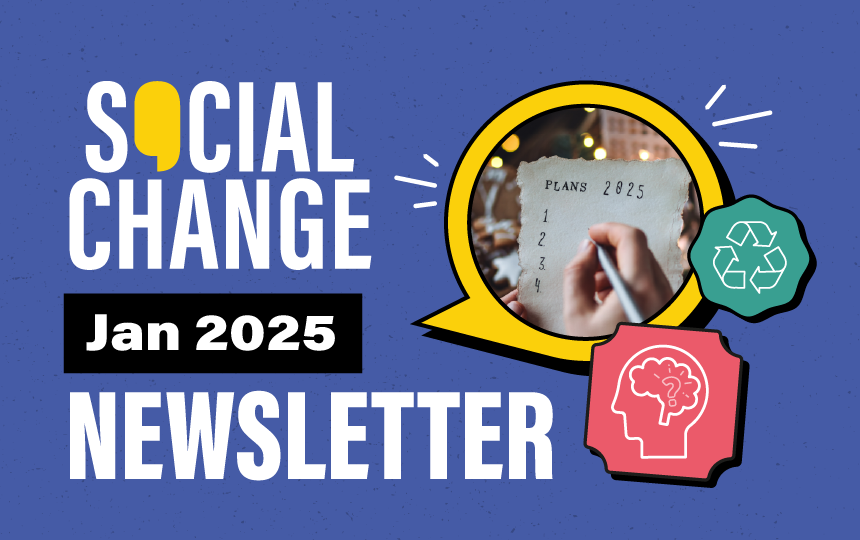
January 2025 Newsletter
Are you unknowingly sabotaging your new year’s resolutions? Unlock the behavioural science behind sticking to your goals in our January newsletter!
More +Your regular dose of BS (Behavioural Science) from the Changemakers at Social Change.

In the UK, around 25 million Valentine’s Day cards are exchanged each year, making it one of the most popular card-sending occasions, second only to Christmas! Surprisingly, 10% of these are sent to an ex... but why?
Valentine’s Day is such an emotionally-driven holiday that it sparks unique and sometimes unexpected behaviours that blend affection, unresolved emotions, and social influence.
1. Social Norms & FOMO
Sending Valentine’s Day cards, especially to people we care about, taps into the social behaviour of signalling - communicating emotions and intent in a socially accepted way. Valentine’s Day encourages people to express affection through card-giving, reinforcing a cultural norm. The fear of missing out (FOMO) compels many to participate, even sending cards to pets or past partners just to stay part of the tradition. The more people are exposed to this cultural behaviour, the more likely they are to follow it themselves.
2. Nostalgia & Closure
When it comes to sending a card to an ex, nostalgia plays a significant role. Humans are wired to remember and revisit emotionally significant moments, especially those tied to positive feelings. Behavioural science shows we tend to romanticise the past, often viewing old relationships through "rose-tinted glasses." This can make sending a card feel like a way to relive memories, seek closure, or even rekindle emotions, as our brains naturally highlight the good while minimising the bad.
3. Drama & Validation
Sending a Valentine’s Day card to an ex can also be motivated by a desire to provoke a reaction, whether intentional or not. This taps into rejection sensitivity and ego-driven behaviour. Some people enjoy stirring up drama or testing the waters, especially if they feel unresolved emotions. They may want to see if the ex is still interested or if they can spark a conversation. It's a play for attention or validation, where they can gauge how much emotional “power” they still hold...
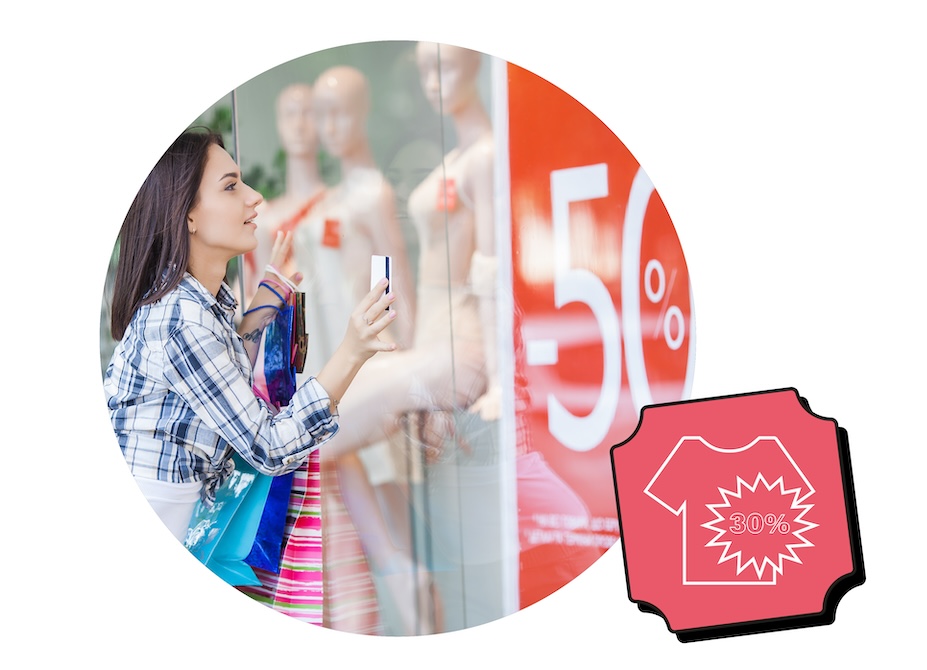
A one-minute introduction to a behavioural theory
Scarcity
We value things more when they’re in limited supply.
Scarcity triggers a sense of urgency, making individuals more likely to act quickly and make purchases to avoid missing out. In fast fashion, brands often use scarcity tactics, like "limited-time offers" or "only a few left in stock", to encourage consumers to buy impulsively, even if the item isn't necessary, tapping into this fear of missing out (FOMO) and driving demand.
Want to fight this impulse? Check out our 3 Top Tips to Slow Down Fast Fashion and learn how to make more conscious, sustainable fashion choices.
Our Expertise: Crime Reduction & Community Cohesion
Are you looking to make a real impact on crime reduction and community cohesion?
At Social Change, we specialise in driving transformative change through behavioural research, targeted campaigns, and impactful training programmes. Whether it’s addressing knife crime, gun crime, violence against women and girls, domestic violence, drug misuse, or discrimination, we take a comprehensive approach to these pressing social issues, working closely with police forces, councils, and government agencies.
But that’s not all. We also offer specialised training in areas like LGBTQ+ awareness, understanding racism, misogyny, and victim support, helping to develop an environment of diversity, equality, and inclusion within law enforcement, charities, and community partners.
Ready to make a difference in your community? Explore how we can work together to create lasting change.
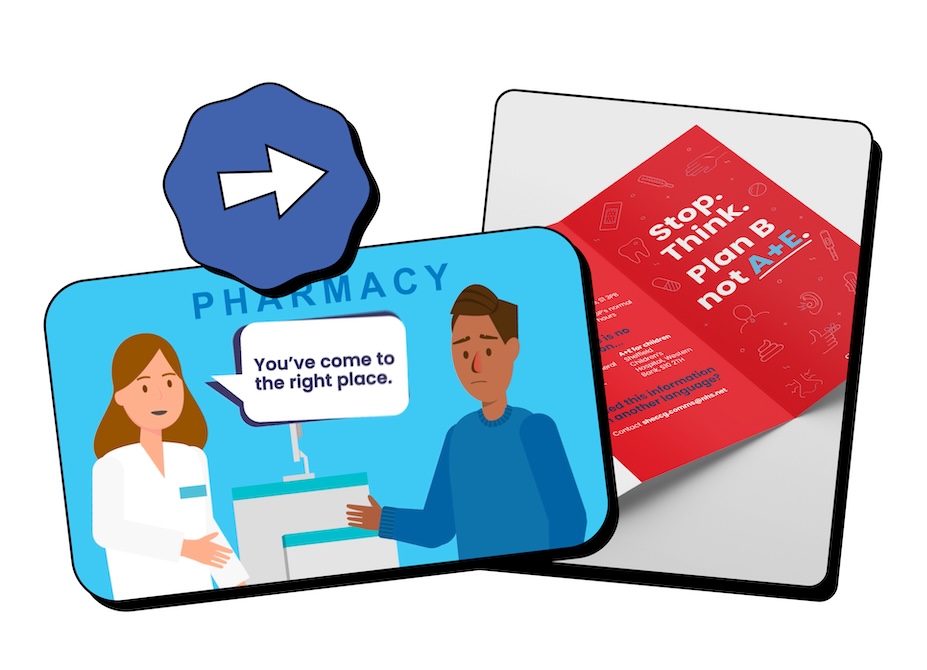
Plan B not A+E
This campaign aimed to ease pressure on A+E and GP surgeries by reducing inappropriate visits and highlighting alternative urgent care options such as Pharmacies, Minor Injury Units, and Walk-In Centres.
Based on insights from surveys and interviews, we designed a social marketing campaign with targeted messaging across multiple channels. This educated residents about available healthcare alternatives, encouraging informed decisions before visiting A+E or GPs.
Discover how small changes in behaviour can make a big impact on healthcare - read the full case study now!

Bangkok tackles smog with week-long free public transport
In an effort to tackle severe air pollution, Thai authorities in Bangkok recently implemented a week-long free public transport initiative. The move aims to reduce the number of private cars on the roads, addressing the soaring levels of smog that have caused school closures and prompted employees to work from home.
Initial results show a positive response, with an increase in the number of commuters using the free transport services. Over 1.6 million people used the electric train services on Saturday alone, marking a 45% rise compared to previous Saturdays. However, some critics question whether this initiative will lead to a long-term reduction in air pollution, citing research suggesting that lower fares alone may not be enough to improve air quality. This move, although a positive step, brings to light the ongoing challenge of combatting air pollution, an issue that remains largely invisible despite its significant health risks.
For more on the invisible dangers of air pollution and its long-term health impacts, read our blog: Out of sight... out of mind... the invisible danger of air pollution.
In the blog, we explore how air pollution is now the largest environmental risk to public health, yet remains largely ignored by the general public. Just like Covid-19, it poses a threat we cannot always see or feel, but unlike Covid-19, it’s considered a normal part of daily life.
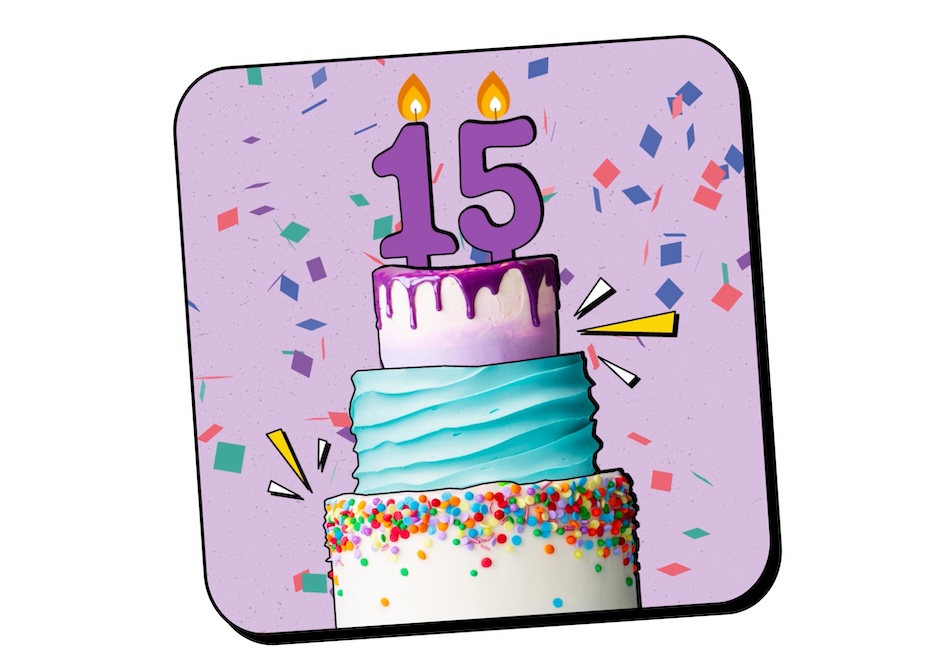
Celebrating 15 Years of Social Change!
This month, we’re celebrating a milestone... 15 years of Social Change!
Since 2010, we’ve been rolling up our sleeves to tackle the big issues, inspire better decisions and make a lasting difference. From our early days with big ideas and a small team to becoming a proud B Corporation, the journey has been full of growth, challenges and successes.
Want to learn more about our story? Read about our journey now!
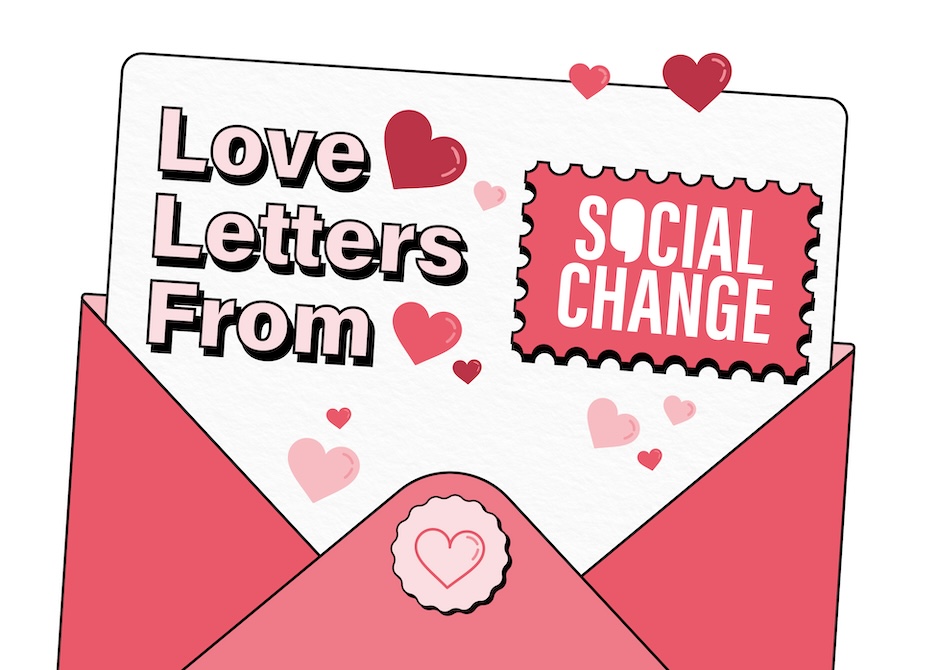
Love Letters from Social Change
This Valentines Day, discover a collection of organisations, charities and companies that the Social Change team love and want to share with the world!
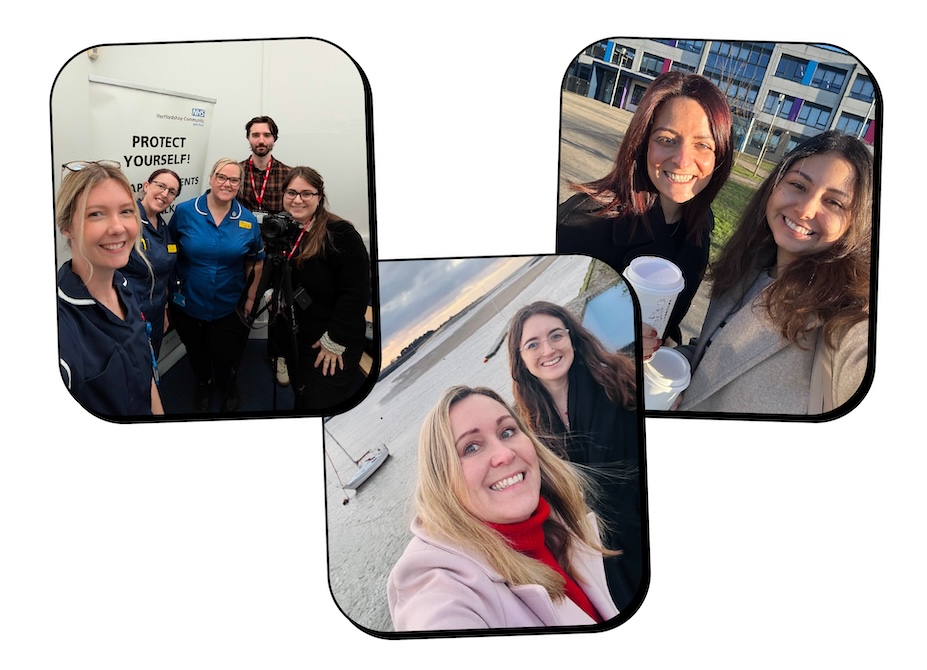
Our Team Is Out and About Making an Impact
What a busy month for Social Change! Our team has been out and about, seeing clients and inspiring real change across the country.
Here's a quick look at where we've been and what we've been up to:
It’s been a week of collaboration and impactful change, using behavioural science to drive better outcomes for communities!

Are you unknowingly sabotaging your new year’s resolutions? Unlock the behavioural science behind sticking to your goals in our January newsletter!
More +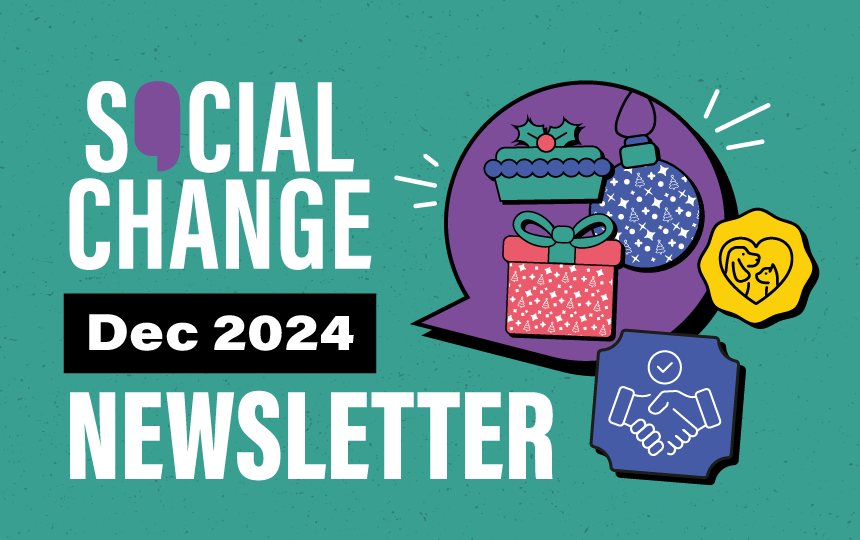
Do pets deserve Christmas gifts? Unwrap the behavioural science of giving in our December newsletter.
More +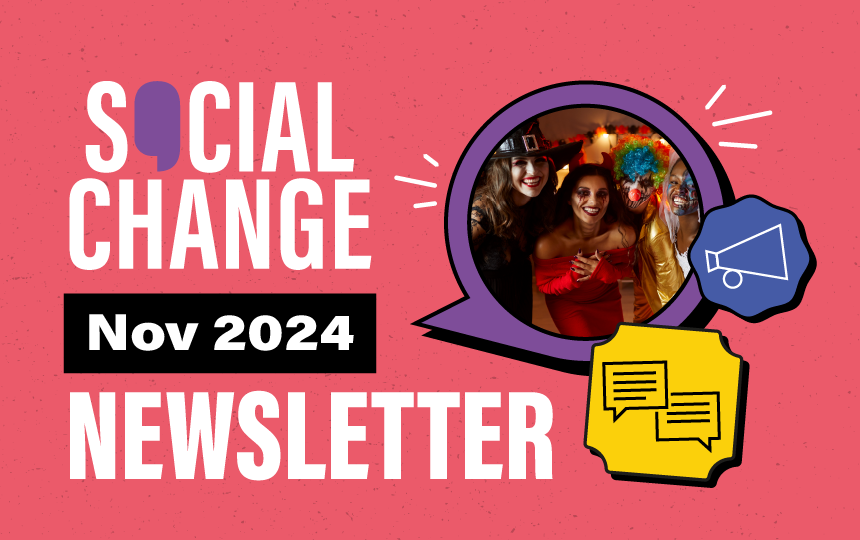
Ever done the opposite of what you’re told? Discover the behavioural science behind why we rebel in our November newsletter.
More +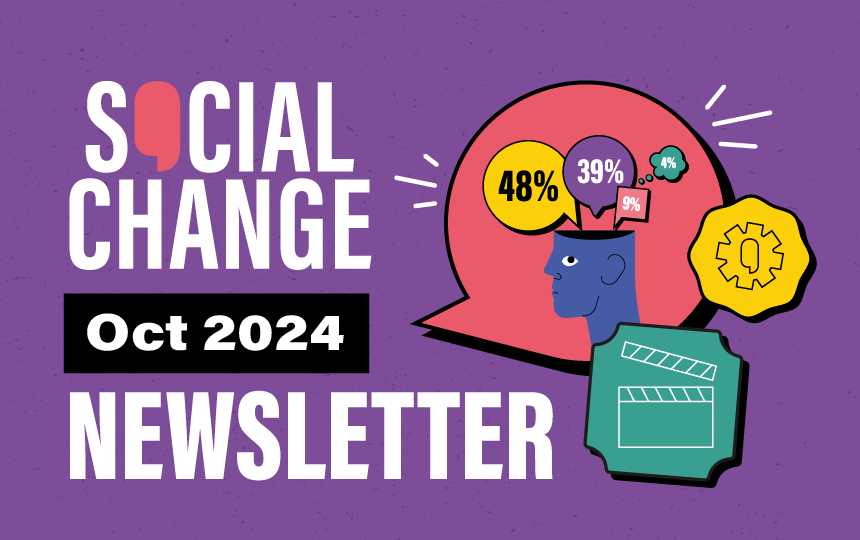
Your regular dose of BS (Behavioural Science) from the Changemakers at Social Change.
More +Enter your email address below to access the Academy and our Webinars